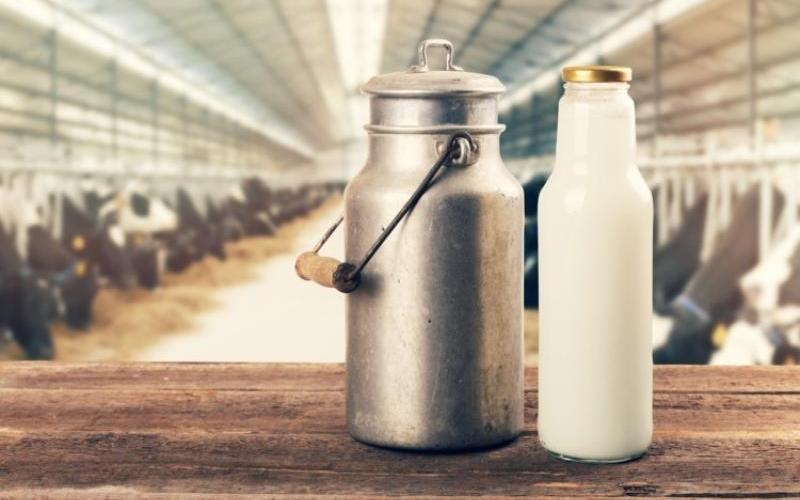Italy could be fined for banning lab-grown meat

This law was proposed by Francesco Lollobrigida, Minister of Agriculture and Food Sovereignty, and has already been approved by the Senate.
The law aims to protect Italy's culinary heritage and the livelihoods of farmers. It prohibits the production, sale and consumption of food products derived from cell cultures or tissues derived from vertebrate animals. Those violating the new rules will be fined up to €150,000 and could be closed, with owners risking losing eligibility for government funding for three years.
The fact that Italy became the first country to ban lab-grown meat made Mr Lollobrigida proud. He believes this will place Italy at the forefront of the global community. The move demonstrates the country as a leader in food security and cultural heritage protection.
However, despite Italy's ambitions, the ban on lab-grown meat raises some questions and controversy. Fans of this new technology believe it could be the answer to growing food safety and ethical concerns, as well as a way to reduce the negative impact of animal agriculture on the environment.
Lab-grown meat, also known as “clean meat” or “test tube meat,” relies on using animal cells to create food. This allows meat to be obtained without the need to house and kill animals, which can be attractive from an ethical and environmental footprint perspective.
However, opponents of this technology fear potential negative consequences for traditional agriculture and local farmers. They believe that a ban on lab-grown meat could threaten the country's economic well-being and heritage.
Perhaps in the future, Italy and other countries will find a compromise solution that takes into account both the needs of farmers and new technologies. There may be regulations that will control and regulate the production and sale of lab-grown meat to balance consumer needs, environmental concerns, and agricultural interests.
Ultimately, the decision to ban lab-grown meat in Italy reflects the complex dilemmas facing countries around the world: how to balance traditional values and innovation, ethics and economics, environmental protection and consumer needs.









